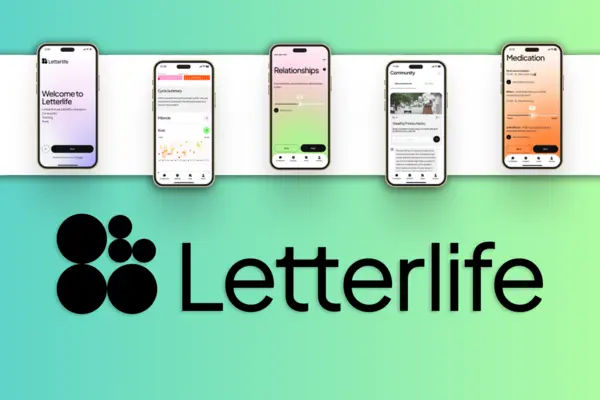GODDESS ADHD
An international and interprofessional research group
Gender-informed research to Overcome Diagnostic Delay and Emotional dysregulation through Self-awareness and Self-efficacy in female ADHD

"Self-efficacy through empowerment & self-awareness!"
The male body has been, and still is, the societal and medical norm. But females are not only smaller than men. Biological factors, such as sex hormones, will have long-term consequences for girls and women.
On the other hand, by improving psychosocial and sexual health in girls and young women we have the power to influence mental and public health outcomes in generations to come!
"It’s not about how you feel, it’s what you do!"
The GODDESS Mission

"Knowledge is power, and power is responsibility!"
We are a group of researchers with diverse backgrounds and expertise, all interested in understanding the connections between gender, sex, and mental symptoms in real life.
Our goal is to increase knowledge in society and improve healthcare through precision medicine for girls and women with ADHD.
We are convinced that a focus on the physical, mental, and sexual health of girls and women can impact health outcomes for both boys and girls, men and women, for generations to come.
The GODDESS ADHD Team
Lotta Borg Skoglund, Helena Kopp Kallner and Lisa Thorell are the principal investigators of this international trans-professional research group involving researchers from child-, adolescent-, and adult psychiatry, gynecology, epidemiology, development psychology and social sciences.
We share the holistic, empowering, and evidence-based focus on women’s health, women’s rights, and neurodiversity. Through active communication with patients, their loved ones, and the society at large we wish to contribute to the dissemination of research findings, decreased stigmatization and bridging of important public knowledge gaps on mental and reproductive female health.
Read more about GODDESS and our research here.
Epidemiological research
In our large-scale population-based studies we can show that females with ADHD (compared to unaffected females and/or same aged males) have:
-
Five times higher risk for depression using oral hormonal contraceptives
-
More often are diagnosed with borderline personality disorder
-
A higher rate of preterm birth (7.3% versus 5.8%)
-
17% increased risk for postpartum depression and 25 % postpartum anxiety
-
Have more comorbidity, polypharmacy, self-harm, and health care utilization
Qualitative research
Our qualitative studies give us a better understanding of the challenges, barriers and opportunities girls and women with ADHD face in current standard of care. Our qualitative studies show that:
In the pipeline

We aim to let our research inform the development of the first precision health tool for female mental health, Letterlife.
We think that by combining technology and neuroscience, we can foster self-awareness, self-efficacy and empower girls and women with ADHD to stay actively engaged, and in charge of their bodies, minds, and hormones.
We believe that a co-creating process involving lead patient users, patient organizations, healthcare professionals and researchers have the best potential to detect, predict and treat female specific mental health challenges across the lifespan.
We predict that individual information, collected and validated though active as well as passive daily monitoring via Letterlife will generate substantial value and be critical for attaining our long-term goals of improving physical, mental, and reproductive health outcomes in girls and women with ADHD.
We hope to contribute to the development and evaluation of the Letterlife vision of a user-friendly and holistic digital tool to improve safety and efficacy, reduce diagnostic delay and societal costs, mitigate co-existing difficulties and overuse of medications.
We know that we can improve the reproductive outcomes of female ADHD by preventing unwanted teenage births and obstetric risk factors.
Self-efficacy is knowing what to do and doing what you know!




